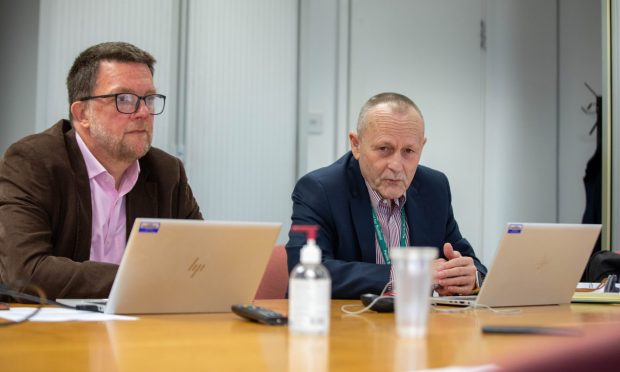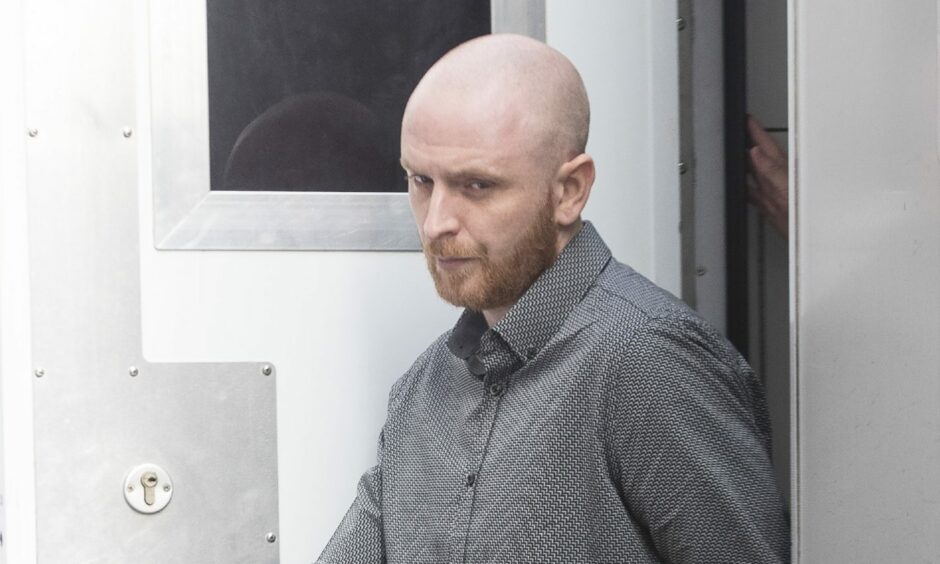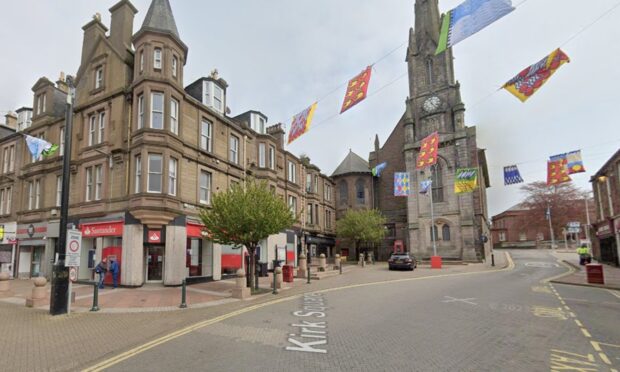Parole chiefs say legal changes by the Scottish Government would allow them to improve transparency over decisions to release criminals like Angus killer Tasmin Glass.
In an exclusive interview with The Courier, the chairman and the chief executive of The Parole Board for Scotland discussed our A Voice for Victims campaign which has called for reforms to the current system.
In the third of a three-part series, parole chiefs talked about transparency concerns around decisions and how a system change could see fewer cases deferred.
‘Quite happy to publish all of them’
Currently The Parole Board for Scotland only publish anonymised decision summaries of prisoners they have decided to release who were on an order of life restriction (ORL).
This means they are not required to provide any information in regards to cases like Kirriemuir killer Tasmin Glass who were given determinate sentences.
However, the board told The Courier they would be happy to expand the information they publish to include cases like Glass’ if they were given funding to do so.
Colin Spivey, chief executive of the parole board, said: “The fact of the matter is we got some resource to deal with the indeterminate cases because we were required to publish.
“Our position, I think, is that we were quite happy to publish all of them – every single decision – but there would have been quite a resource implication.”
Parole board chairman, John Watt, believes such a move might help with transparency.
“I think that would be important to generate an understanding,” said the former procurator fiscal.
“I wouldn’t be beyond going a bit further and giving some broad context for the decision.
“If we were able to, we would be quite happy to extend the categories of case where we give summaries.”
‘That’s a policy decision by government’
The board would also be willing to publish the reports without anonymisation if parliament changes the law to allow them to do so.
Mr Spivey said: “The anonymisation is part of the rules so we are required to make the summaries anonymous.
“That’s a policy decision by government.
“I can see reasons why it is a good idea, in the sense that a decision minute may contain pretty sensitive information about an individual.
“I think there are reasons for anonymity but ultimately it’s in the rules.
“The government might want to look at that in terms of policy, we would have no objections to that.”
Mr Watt said the organisation would be “neutral” on the possibility.
System change could reduce deferrals
A recurring issue with high profile parole cases in Tayside this year has been deferrals.
Tasmin Glass’ case was deferred twice, Robbie McIntosh’s has already been postponed once and violent Dundee rapist Sean McGowan’s case was also pushed back earlier this year.
Such deferrals have a huge impact on victims and their families and increase their trauma around proceedings.
The parole board believe changes could be made so they have powers to collate the information they are provided with.
Currently the dossiers are provided by the Scottish Prison Service (SPS) and if information is missing from the packs it can be one of the main reasons for postponement.
The parole board chairman told The Courier: “Without straying into the policy of this whole thing, can I say that in some states in the United States the parole boards have their own investigative team and they prepare the dossier and it seems to work very well for them.
“I think a different method of preparing dossiers would be better.
“I do not criticise SPS who do it on behalf of Scottish Ministers – they are truly excellent at the many things that they do – but even they, I think, would say dossier preparation is not the best of their core skills.
“Let the experts produce dossiers and we think that would reduce deferral rates, it would be more economical that way and there would be less wear and tear on victims.”
Mr Spivey added: “It’s not a secret that we think that might be a good idea and in fact it’s been included in some of our consultation responses, the benefits of an investigative team.
“Now again, this is a policy issue, so it’s for government to decide.”
The chief executive also said the idea of providing more information to victims about why cases had been deferred was “under active consideration.”














Conversation